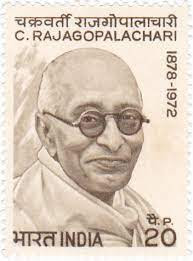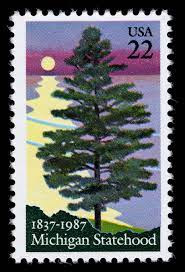Rani Gaidinliu, also known as Rani Maa or Rani Gaidinliu Nongsiam, was a prominent figure in the Indian independence movement, particularly in the struggle against British colonial rule in Northeast India. She was born on January 26, 1915, in the village of Longkao in present-day Manipur, India.
At the age of 13, Rani Gaidinliu became the leader of the Heraka movement, a religious and socio-political movement that aimed to promote the revival of indigenous Naga culture and resistance against British imperialism. She advocated for the preservation of Naga traditions and fought against the forced labor and oppressive policies imposed by the British authorities.
Rani Gaidinliu's leadership and activism quickly gained recognition, but her resistance movement faced severe repression from the British colonial administration. In 1932, at the age of 16, she was arrested and sentenced to life imprisonment by the British for her involvement in the movement. She spent the next 14 years in various prisons.
After India gained independence in 1947, Rani Gaidinliu was released from prison as part of a general amnesty granted to political prisoners. She continued her activism, working towards the upliftment of the indigenous communities in the region, promoting education, and advocating for their rights.
Rani Gaidinliu was awarded the Padma Bhushan, one of India's highest civilian honors, in 1982, in recognition of her immense contribution to the freedom struggle and her dedication to the welfare of her community.
Rani Gaidinliu passed away on 17 February 1993, but her legacy as a fearless freedom fighter and a champion of indigenous rights continues to inspire generations. Her life and struggle serve as a reminder of the determination and resilience of individuals in the face of oppression and their fight for justice and freedom









